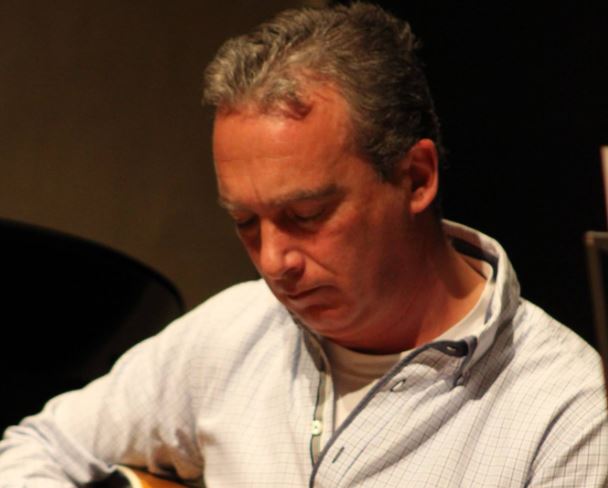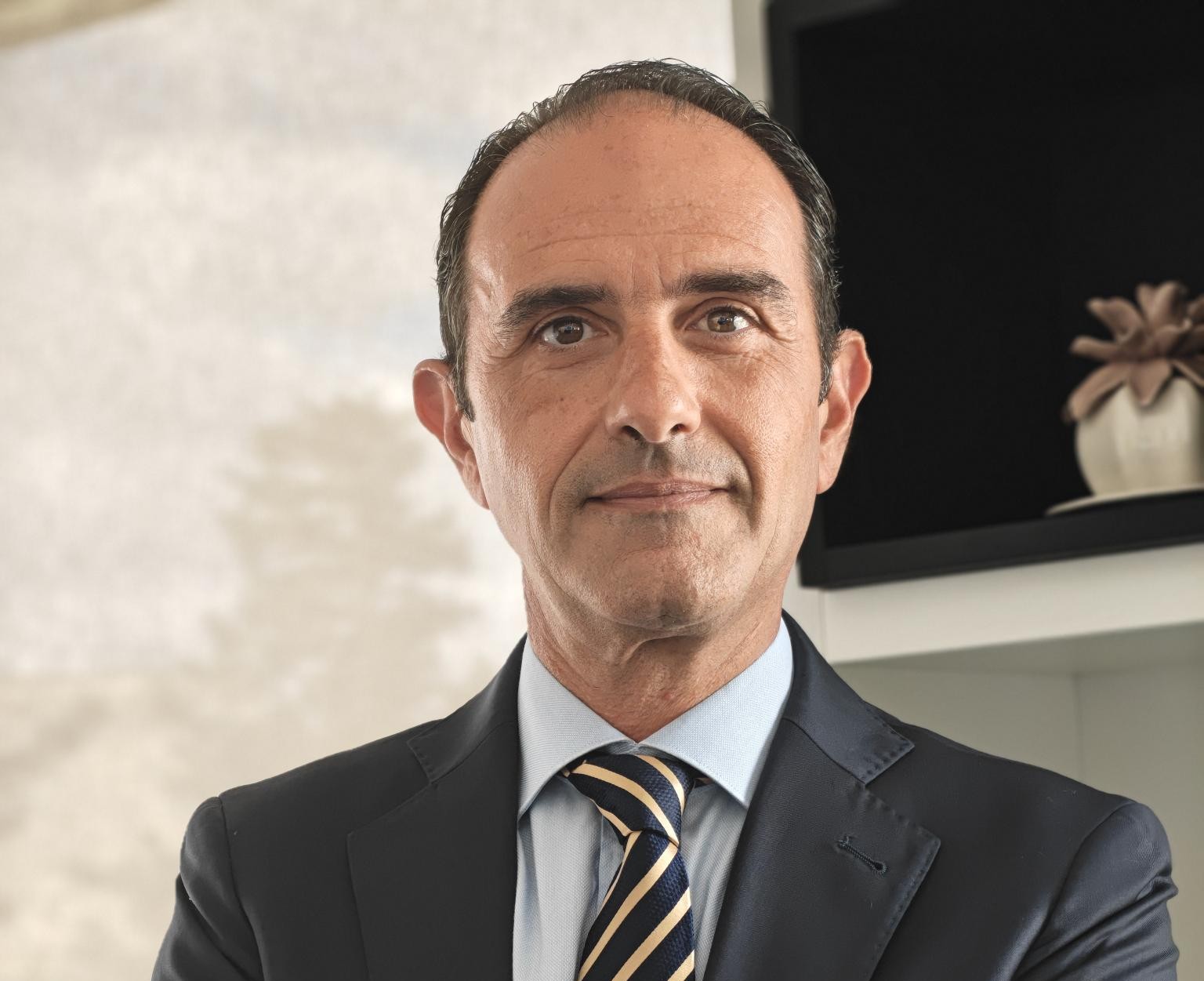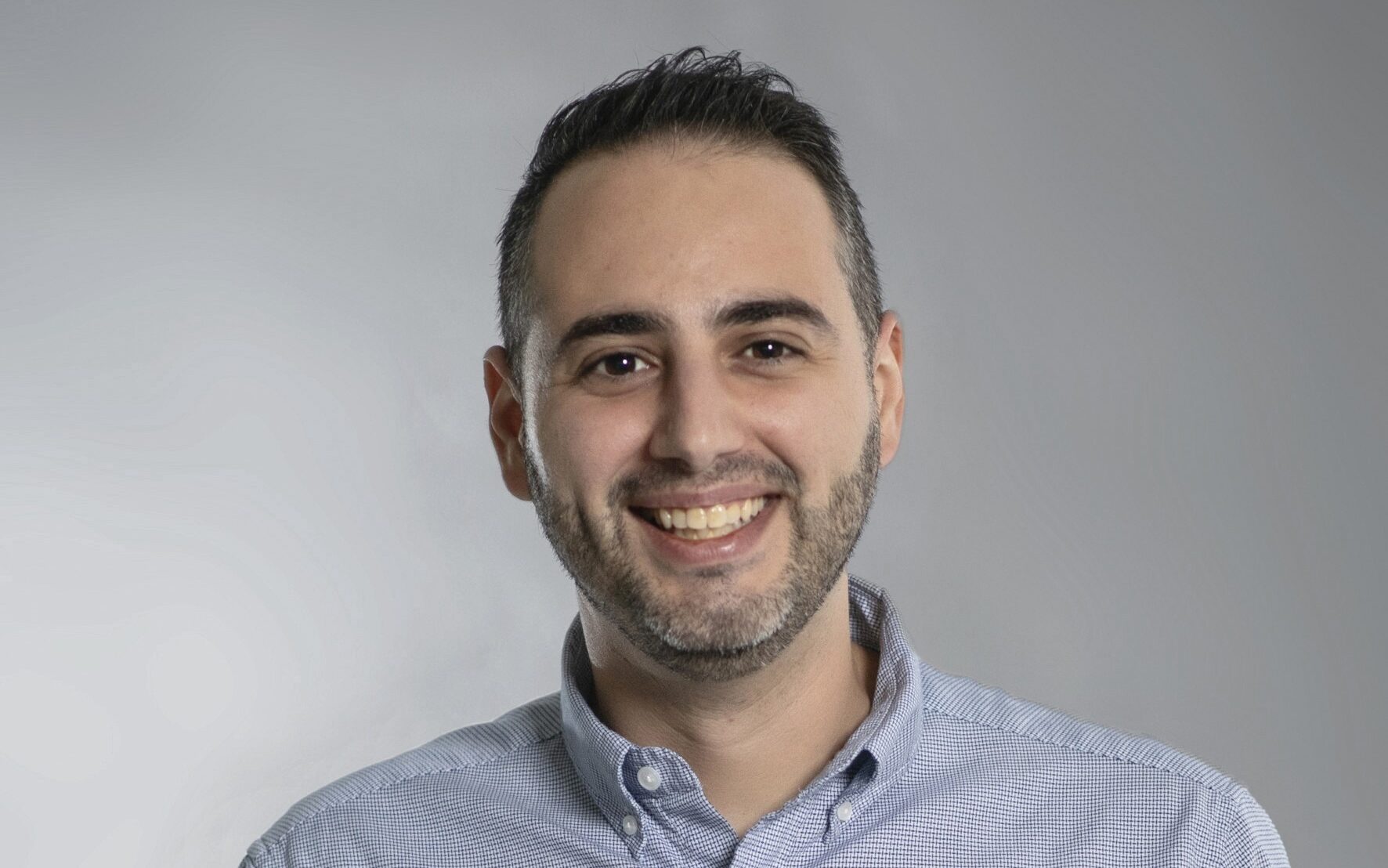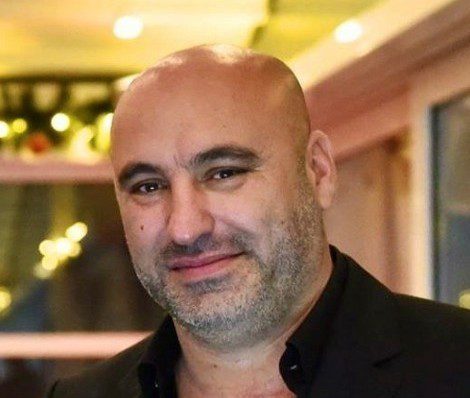Every Maltese driver knows the feeling – the endless gridlock, the creeping frustration, the wasted minutes that turn into wasted hours. What was once a minor inconvenience has become a national crisis. Malta’s transport system isn’t simply congested; it’s economically unsustainable.
As our population and vehicle numbers rise, the island’s roads are bursting at the seams. We’ve built flyovers and widened roads, but the result has been predictable: More cars filling the extra space. The truth is uncomfortable but clear – Malta’s current transport model is broken.
This isn’t just an infrastructure problem. It’s an economic one. The time we spend in traffic is lost productivity. The fuel we burn is wasted income. The emissions we create are hidden health costs. Congestion now stands among the biggest drags on Malta’s competitiveness and quality of life.
The debate: Metro, or misstep?
The government’s caution is understandable. A metro, while appealing, comes with staggering costs and decades-long commitments. Finance Minister Clyde Caruana has rightly pointed out that without behavioural change – without people actually leaving their cars behind – even the most sophisticated mass transport system could become an expensive failure.
But the opposition is also right to call out complacency. Malta cannot keep postponing a solution. Years of piecemeal measures have only deepened car dependency. The absence of a clear, funded transport vision signals a lack of urgency – and the economy is paying the price.
The answer lies in between. Malta needs both courage and calculation. Yes, we must invest – but we must also reform how we move, park, and plan. Paid parking, differentiated licence fees, low-emission zones, and genuine incentives for public transport are not “punitive measures” – they are economic corrections that make the system fairer and more sustainable.
The economics of mobility
In economic terms, traffic is a textbook case of market failure. Everyone using their car acts in self-interest, but the collective outcome – congestion – hurts us all. Correcting that requires pricing the true cost of car use and providing efficient, reliable alternatives.
Every hour spent in traffic is an opportunity lost. Businesses face delivery delays, workers lose time, families lose evenings, and the country loses competitiveness. The cost of doing nothing is not zero – it compounds daily.
Building a metro or tram will require billions. But over time, those billions could return dividends in higher productivity, cleaner air, and stronger urban economies – if the system is well-designed and widely used. The challenge for policymakers is not whether we can afford a metro, but whether we can afford another decade of gridlock.
The way forward
Malta doesn’t need miracles; it needs method. A phased, integrated approach could make real progress without overcommitting public finances upfront. Expanding ferry routes, developing a high-frequency bus or tram network, and creating better park-and-ride systems can deliver tangible results quickly.
But infrastructure alone won’t shift habits. Behavioural change must be at the heart of reform – from how we plan cities to how we price parking. Making car use slightly less convenient and public transport more attractive is not punishment; it’s smart economics.
Any reform must also be equitable. Low-income earners, families in outlying towns, and those with limited mobility must be supported through subsidies or targeted schemes. Sustainable transport cannot be socially regressive.
Beyond politics: A call for unity
This is where leadership matters. For Malta to move forward, Prime Minister Robert Abela and Opposition Leader Alex Borg must align on a national transport vision.
Transport reform cannot survive the election cycle. It needs continuity, cross-party consensus, and shared ownership. Both sides must recognise that short-term political gain pales in comparison to the long-term national benefit of solving one of Malta’s most pressing challenges.
Because the real cost of inaction isn’t measured in euros – it’s measured in hours lost in traffic, productivity drained, and opportunities missed. It’s the daily fatigue of workers who arrive late, parents who rush, and businesses that suffer inefficiency.
We cannot keep patching a broken system. Malta needs courage to act, vision to plan, and unity to deliver.
We talk about the cost of a metro, but the real question is this: what is the cost of doing nothing?
JD Capital announces leadership change as Josef Dimech assumes executive responsibilities
An exciting start to the new year.
‘Our greatest achievement to date’: Bridgepoint Group acquires majority stake in ht.digital
'ht.digital sits at the intersection of two powerful, long-term trends.'
Malta’s growth dilemma: We’re running out of land – but not of ideas
Malta is hitting the natural limits of 'more', but it’s time to master 'better', says Stephanie Fabri.
Experts debate ethics and pragmatism in Malta’s Binance donation controversy
Economist and lawyer weigh in on Malta’s Binance donation dispute










